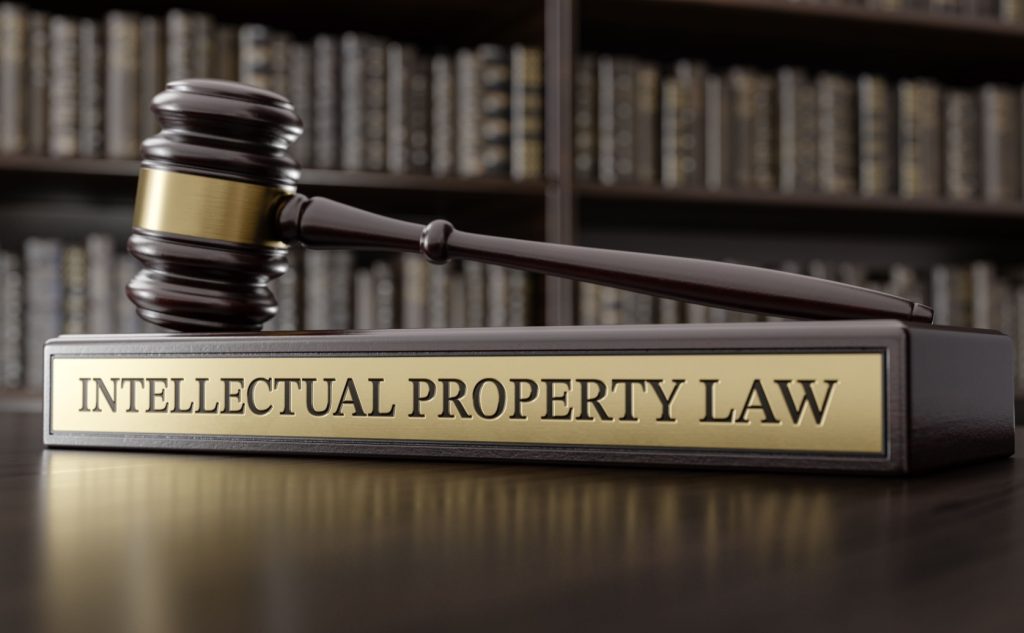How an Intellectual Property Lawyer Helps Prevent Infringement

Protecting your innovations and creative works from unauthorized use is critical for business success. An intellectual property lawyer provides the expertise needed to prevent infringement, enforce your rights, and maintain the value of your intellectual property. Consulting an intellectual property lawyer early can save time, money, and potential legal disputes.
Identifying Potential Risks
An intellectual property lawyer evaluates your intellectual property portfolio and identifies areas at risk of infringement. By assessing patents, trademarks, copyrights, and trade secrets, an intellectual property lawyer can proactively address vulnerabilities before disputes arise. With an intellectual property lawyer, you can protect your innovations more effectively.
Monitoring for Infringement
An intellectual property lawyer implements monitoring strategies to detect unauthorized use of your intellectual property. This includes tracking competitors, reviewing marketplace activity, and assessing online platforms. By working with an intellectual property lawyer, you can take swift action to prevent potential infringement.
Enforcing Intellectual Property Rights
When infringement occurs, an intellectual property lawyer takes legal action to protect your assets. This may involve sending cease-and-desist letters, negotiating settlements, or pursuing litigation. Consulting an intellectual property lawyer ensures that your rights are enforced and your intellectual property remains secure.
Drafting Protective Agreements
Contracts and agreements are essential tools for preventing infringement. An intellectual property lawyer drafts licensing agreements, non-disclosure agreements, and collaboration contracts that clearly define usage rights. By relying on an intellectual property lawyer, you can minimize the risk of disputes and unauthorized use.
Educating Employees and Partners
An intellectual property lawyer provides guidance on educating employees, collaborators, and business partners about intellectual property rights. Proper training reduces the likelihood of accidental infringement and ensures everyone understands the value of protecting proprietary assets.
Strategic Portfolio Management
Managing your intellectual property portfolio strategically is another key service offered by an intellectual property lawyer. They help prioritize protections, update registrations, and maintain compliance with legal requirements. An intellectual property lawyer ensures that your portfolio remains robust and less vulnerable to infringement.
International Considerations
In today’s global market, an intellectual property lawyer also advises on international protections. This includes navigating treaties, filing procedures, and cross-border enforcement. With an intellectual property lawyer, you can protect your intellectual property across multiple countries and prevent overseas infringement.
Preventive Legal Strategies
A proactive intellectual property lawyer helps businesses implement strategies that reduce the likelihood of infringement. This includes proper registration, monitoring, agreements, and education. By consulting an intellectual property lawyer, you build a strong defense to protect your innovations.
Choosing the Right Intellectual Property Lawyer
Selecting the right intellectual property lawyer is critical for effective infringement prevention. Look for experience, industry knowledge, and a proven track record in enforcement. A skilled intellectual property lawyer provides tailored strategies to safeguard your business and creative assets.
Conclusion
An intellectual property lawyer plays an essential role in preventing infringement and protecting your intellectual property. From monitoring and enforcement to drafting agreements and strategic portfolio management, an intellectual property lawyer ensures your innovations, trademarks, and creative works remain secure. Investing in an intellectual property lawyer safeguards your business, minimizes legal risks, and preserves the value of your intellectual property.




